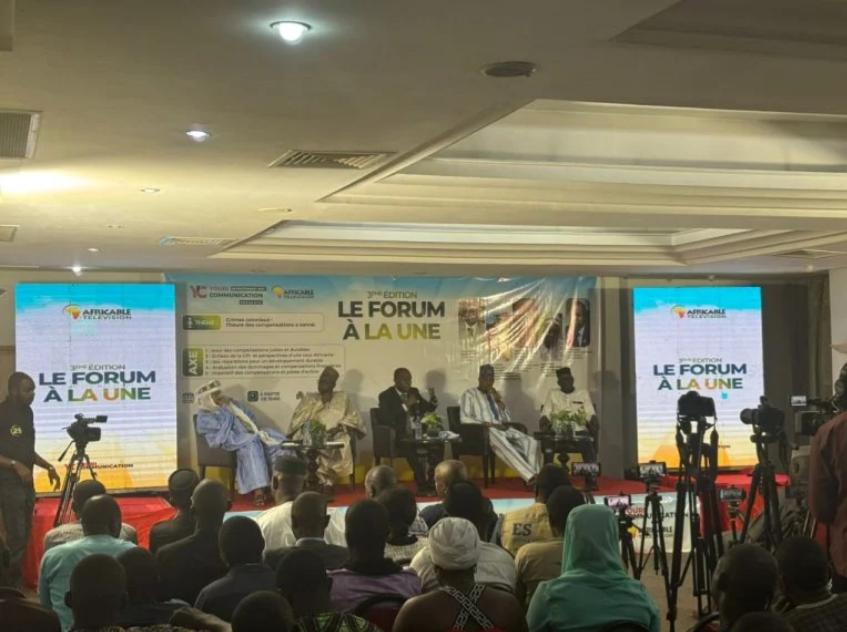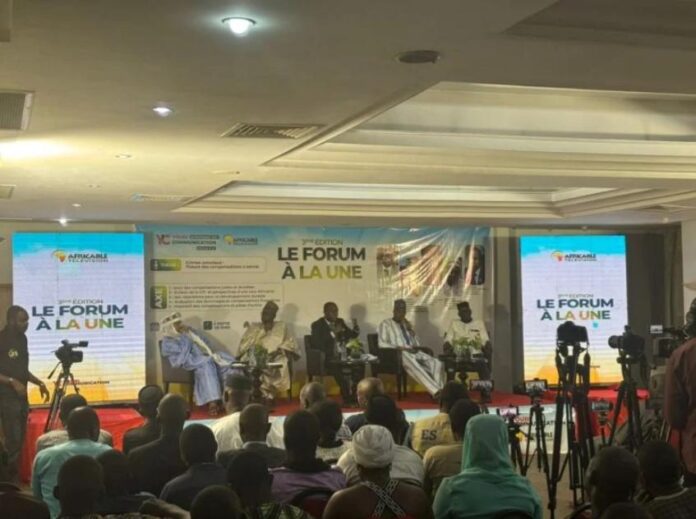
As global conversations around historical justice and colonial legacies continue to gain momentum, African voices are increasingly calling for meaningful dialogue and redress. One such conversation took center stage on July 19, 2025, in Bamako, Mali, at a forum titled “Colonial Crimes: Time for Compensation.”
Organized by Africable Télévision with support from Youri Communication, the event brought together a range of African legal experts, economists, and political representatives, including members of Mali’s National Transitional Council.
Participants used the forum to explore legal and economic frameworks for addressing the long-term impact of colonial rule on the continent. While the event did not represent any official government position, it reflected a growing intellectual and political movement seeking restitution for historical injustices.
Discussions included critical perspectives on international justice systems. Some panelists expressed concern that global institutions such as the International Criminal Court (ICC) may not be adequately addressing crimes associated with colonialism. Assane M. Seye, co-founder of the Pan-African International Organization (OIP), argued that the ICC had not met expectations for balanced justice in this area. He and others advocated for exploring regional mechanisms—such as reviving the Criminal Chamber under the Maputo Convention or developing an African Criminal Court—that could reflect African legal priorities.
Public law scholar Youssouf Z. Coulibaly emphasized the importance of establishing legal frameworks capable of addressing past abuses under international standards. He pointed to existing legal interpretations that regard colonialism as falling under crimes against humanity, which, in his view, could provide a basis for claims for reparations.
Economist Ousseynou Ouattara presented findings that, according to him, suggest significant natural resource transfers from Africa to European countries during the colonial period. Citing data on gold reserves held by France and the United Kingdom, he advocated for the formation of a dedicated committee to investigate these claims and explore options for restitution. These assertions remain part of ongoing research and are not officially verified.
The Bamako forum illustrated a broader shift in the tone and direction of Africa’s approach to historical accountability. While discussions remain complex and politically sensitive, participants consistently stressed the need for action that goes beyond symbolic gestures—including asset recovery, fair compensation, technology exchange, and structural reforms.
Notably, several speakers highlighted Ghana’s potential leadership role in this effort, given its established legal infrastructure and influence within regional bodies.
The forum concluded without adopting formal resolutions, but it served as a space for constructive dialogue and legal imagination. As conversations around historical accountability continue, events like the Bamako forum reflect the continent’s desire to confront its past and shape a future rooted in justice and dignity.
DISCLAIMER: The Views, Comments, Opinions, Contributions and Statements made by Readers and Contributors on this platform do not necessarily represent the views or policy of Multimedia Group Limited.
DISCLAIMER: The Views, Comments, Opinions, Contributions and Statements made by Readers and Contributors on this platform do not necessarily represent the views or policy of Multimedia Group Limited.


